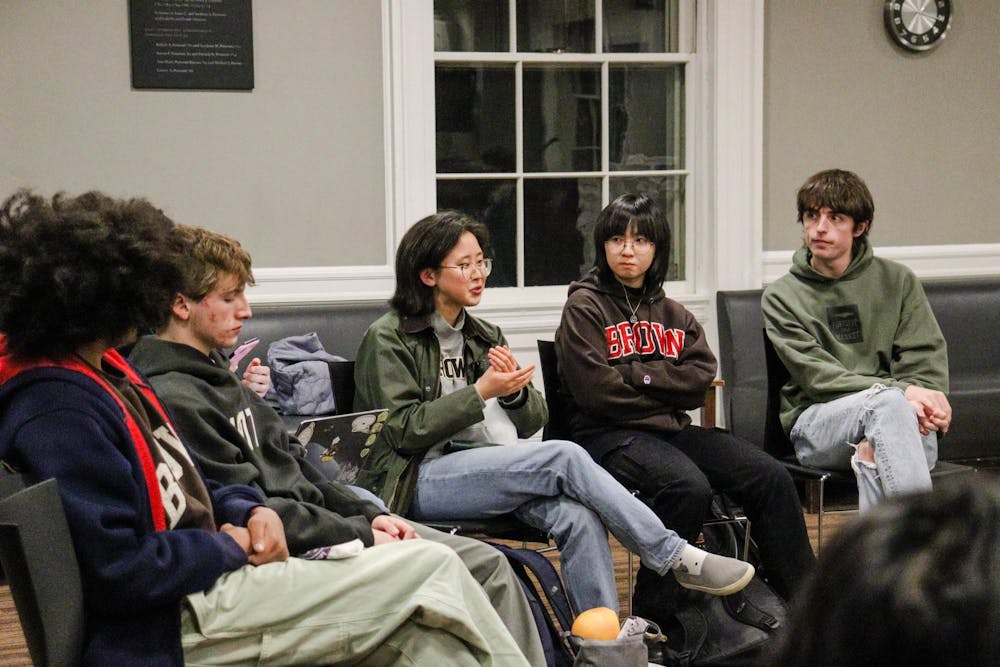The Undergraduate Council of Students hosted a student labor town hall Wednesday focused on the experiences of on-campus student workers. The meeting included comments from on-campus student union members from the Teaching Assistant Labor Organization, Graduate Labor Organization and Labor Organization of Community Coordinators.
The town hall was held to discuss “student labor, compensation, working conditions and University policies,” according to a UCS email sent to students.
UCS President Mina Sarmas ‘24 began the meeting by asking what drove labor organizations to unionize on campus.
“We were generally just wanting better communication from ResLife and more transparency coming out of training,” LOCC representative Anna Ryu ’25 said at the town hall. “Seeing other RA unions (on) other campuses was also a big inspiration … they were voting for better compensation, … we deserved that too.”
Swetabh Changkakoti ’24, a TALO representative and The Herald’s director of technology, cited low compensation, a lack of diversity among TAs and other systemic issues within the computer science department as motivations behind the decision to unionize.
Changkakoti spoke about how TALO has continued to face challenges with student workers overworking and underreporting their hours. “There’s a fear of being reprimanded for doing consistently more work,” Changkakoti said. “The department is cracking down more” on hours worked by students.
While students can work more hours if they get prior approval from faculty, Changkakoti said the contract made instructors also wary of working additional hours. He added that international students on F1 visas — who are only allowed to work 20 hours per week per federal regulations — often under-report hours.
A representative from LOCC spoke on the challenges faced by the union due to a lack of specificity in the job description for Community Coordinators. “If we’re off emailing admin, does that count as work? The lines are just completely blurred.”
For graduate student workers, “one thing that makes our position more complicated is that many of us are on fellowship for at least some portion of our time here,” said Michael Ziegler GS, a fifth-year graduate student and a representative for GLO. “We’re actually pretty much always working in some fashion.”
“The real issue we encounter is that under the current understanding of our status as workers … under federal labor law, what we do on fellowship isn’t actually recognized as work,” Ziegler said.
UCS members concluded the meeting by addressing the student groups and communicating with labor union members on potential supports UCS could offer.
Jennifer Shim was a University News editor at The Herald.





